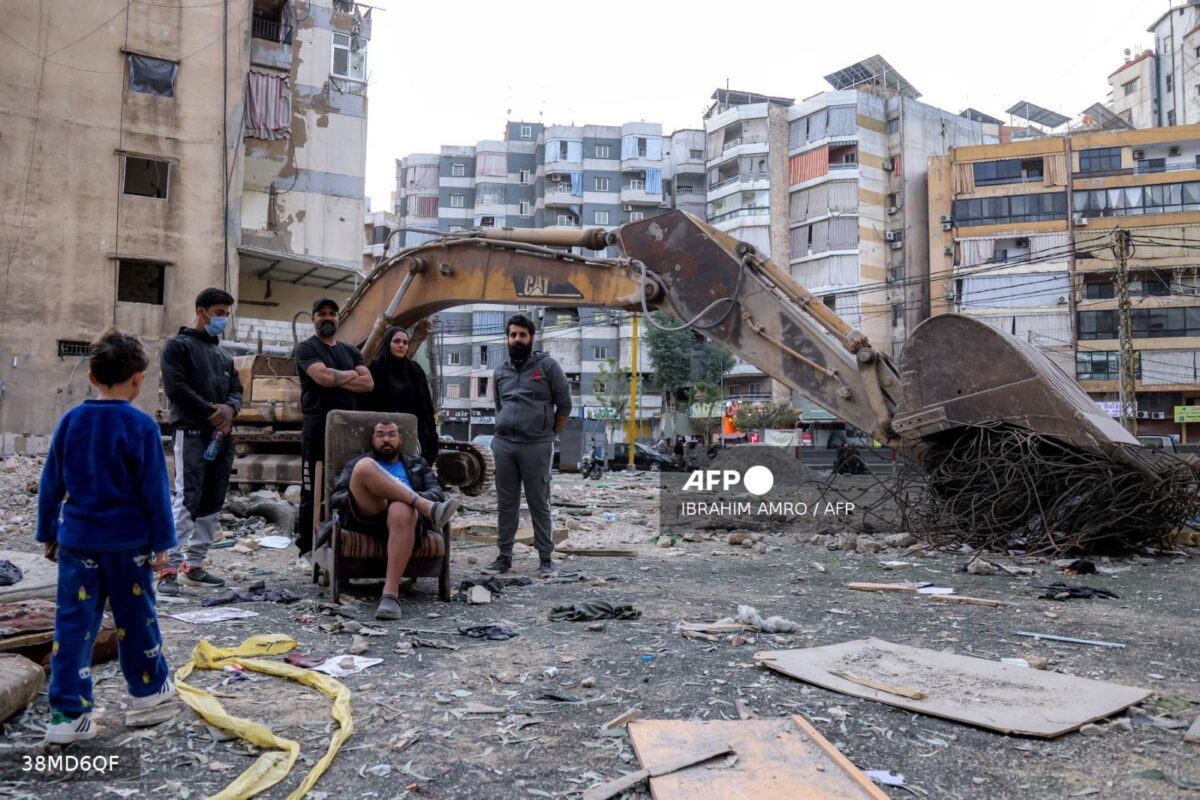
On April 2, 1981, the city of Zahle became the epicenter of a fierce and consequential siege. Syrian forces, initially portrayed as stabilizers of Lebanon’s chaotic civil war, clearly demonstrated their pursuit of dominance rather than genuine protection of Lebanese sovereignty. The siege was brutal, costly, and symbolic. It reflected the ongoing reality of foreign interventions deepening Lebanon’s internal fractures.
The people of Zahle, supported by the Lebanese resistance, rose against this existential threat. This resistance was not only symbolic; it was an affirmation of identity, survival, and sovereignty. Zahle’s defenders managed to prevent its capture, solidifying their stance in Lebanese history as protectors of their community’s autonomy.
Contested Narratives and Historical Figures
Today, as we commemorate their courage and sacrifice, we must also reflect deeply on our collective memory and historical narrative. Zahle, much like numerous battles throughout Lebanese history, has never been absorbed into a unified national narrative. Instead, it has become part of a fragmented, sectarian mythology. This fragmentation leaves our national identity vulnerable, perpetually contested, and incomplete.
This contestation emerged vividly when pictures of Bachir Gemayel accompanied a caption labeling him as part of the resistance. Many voiced outrage, claiming it a “crime” to depict Gemayel as a resistance figure due to his ties with Israel. But to label such a perspective as criminal itself attempts to enforce another narrative upon the Lebanese.
In Bachir’s mind, and in the minds of many who supported him, he was defending Lebanon against an existential threat. While some regarded the Palestinian armed presence in Lebanon as a legitimate resistance movement, others experienced it as an occupation. Armed factions operated with near impunity, often creating checkpoints and exercising authority over Lebanese territory. The 1969 Cairo Agreement, which gave the PLO the right to use southern Lebanon for military operations, further blurred lines of sovereignty and accountability.
For many Lebanese, particularly in Christian areas, the Palestinian armed presence became a source of daily fear and humiliation. It is difficult to convince an elderly woman in Jounieh that the true enemy was Israel when her son was harassed or injured at a Palestinian checkpoint in his own country. These traumas are not just political, they are deeply personal, and they shape the way individuals and communities remember history.
Bachir Gemayel remains one of the most polarizing figures in Lebanon’s modern history. To many, he embodied a vision of Lebanese sovereignty and statehood, albeit one that made difficult, and for some, unforgivable, alliances. To others, his collaboration with Israel is a betrayal that disqualifies him from any narrative of national resistance. These perspectives are shaped not only by political allegiance but by lived trauma, communal memory, and the scars of war.
But herein lies the challenge: if we continue to silence or criminalize each other’s interpretations of history, we remain stuck in a zero-sum game of identity and legitimacy. True unity and reconciliation require acknowledging the complexity of our historical figures without reducing them to singular, simplified narratives. We cannot build a shared future if we refuse to engage with the full, uncomfortable truth of our past.
A Pragmatic Necessity for Lebanon’s Future
Currently, we witness echoes of historical tensions in recent Israeli strikes targeting Hezbollah individuals in Beirut’s Dahyeh district. Hezbollah is trying to maintain its identity as a resistance movement, cautiously holding back but signaling clearly that patience has its limits, all while refusing to give up their arms in favor of the Lebanese army. This contemporary tension underscores Lebanon’s persistent reality: individual communities, no matter their resolve or strength, cannot alone protect or secure the nation.
The enduring lesson from Zahle, now vividly reflected in Dahyeh, is that Lebanon’s sovereignty and stability cannot rest upon isolated acts of resistance by singular groups. Our history repeatedly demonstrates that fractured narratives weaken our collective resilience, leaving us vulnerable to external exploitation and internal division.
Unity is no longer an idealistic slogan but a pragmatic necessity. Only by constructing a shared narrative, acknowledging the traumas of all communities, celebrating collective heroism, and honestly confronting past divisions, can Lebanon build genuine resilience against threats. Our sovereignty and peace hinge upon our willingness to reconcile these fragmented histories into one cohesive national identity.
To protect Lebanon’s future, we must embrace dialogue, foster mutual understanding, and take the difficult step of relinquishing weapons that have been used to politically dominate fellow Lebanese. Just as importantly, we must recognize the legitimacy of multiple, often conflicting, narratives within a single shared historical consciousness. Zahle’s siege and Dahyeh’s current struggle both call us to a new chapter; a rewriting of the Lebanese story, one that includes all communities, all pasts, and all the contradictions that have shaped who we are. True national strength will only emerge when we stop erasing each other’s truths and begin building a future from their coexistence.
Ramzi Abou Ismail is a Political Psychologist and Senior Research Fellow at the Institute for Social Justice and Conflict Resolution at the Lebanese American University.
The views in this story reflect those of the author alone and do not necessarily reflect the beliefs of NOW








